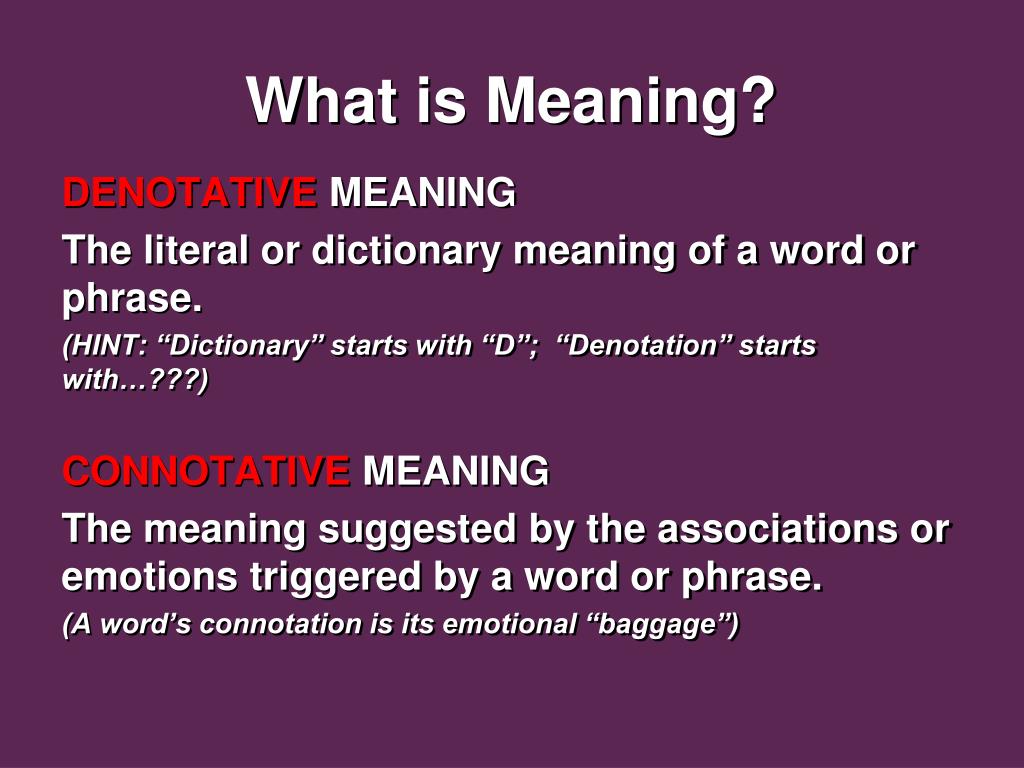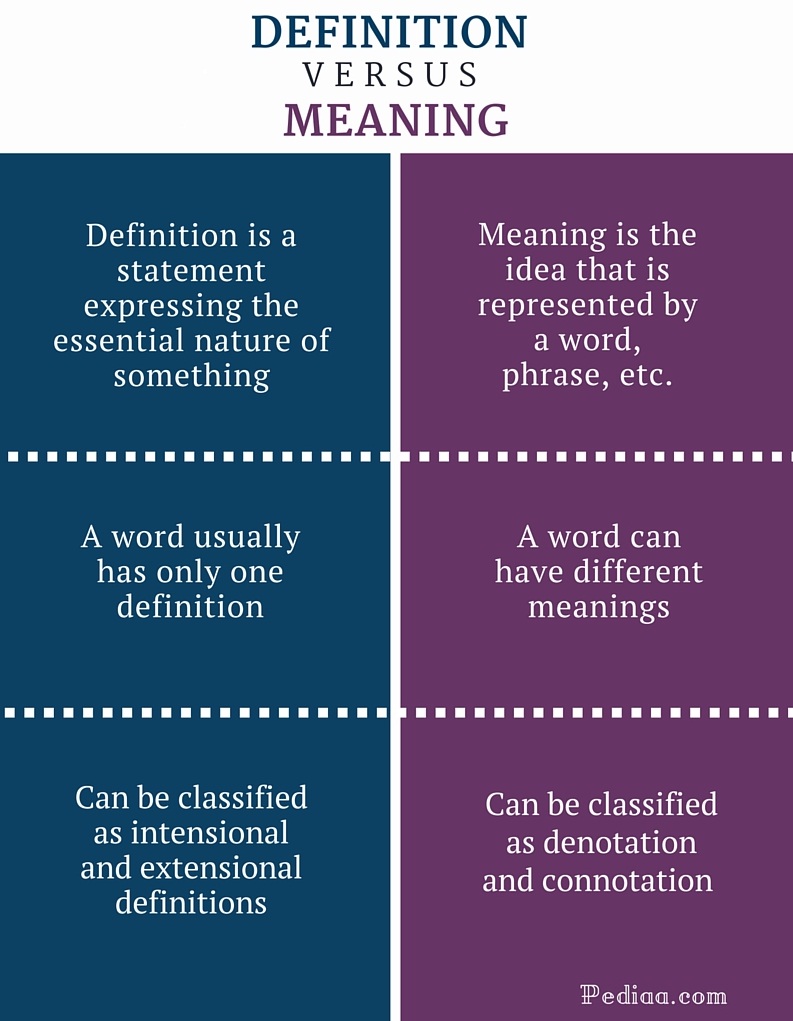Have you ever come across a word online that just left you scratching your head? You know, something that pops up in a chat, on a social media feed, or in a comment section, and it just doesn't seem to fit any language you recognize. This can be rather confusing, can't it? It's like seeing a symbol in mathematics, say that '∈' symbol, and not quite knowing what it means, even after trying to look it up. You might even find that Google, in its own way, sometimes takes the symbol right out of the search, making it a bit harder to get a straight answer. So, when a term like "wasmo" appears, it can feel a lot like that, a word floating out there without a clear anchor.
It's interesting, really, how we search for meaning. In some fields, like math, there are very specific ways to define things. The Unicode standard, for instance, lists all those symbols, giving them a precise, agreed-upon identity. You can look up what 'Exp(x) = e^x' means, and it's quite clear, especially when 'x' is a bit messy to write out in a smaller form. But with words that aren't formal or academic, the process of finding out what they mean is a whole different ballgame. It's not always about a dictionary definition; sometimes it's about context, about who is using the word, and where they are using it.
Today, we are going to talk about "wasmo" and what it might mean when you encounter it. We'll explore why some words are so hard to pin down, and what you can do when you run into terms that seem to defy easy explanation. It's a bit like trying to figure out what 'S1' or 'S2' means in topology; you need to grasp the foundational ideas first. This kind of exploration, you know, helps us all communicate better and understand the conversations happening around us, especially online, which is quite a big part of life for many people these days.
- Juice Wrld Smile Hoodie
- Why Is My Instagram Not Working
- Wild Child St Pete
- St Johns River State College
- Rappers In Atlanta Ga
Table of Contents
- Understanding Unfamiliar Words: Why Some Terms Are Tricky
- What "Wasmo" Might Imply: Looking at Context
- The Challenge of Defining Slang and Informal Language
- How to Approach Unclear Terms Online
- People Also Ask About Wasmo
Understanding Unfamiliar Words: Why Some Terms Are Tricky
When we talk about words like "wasmo," we're often stepping into an area where definitions aren't as neat as, say, the meaning of 'nabla' in vector calculus, which has a very specific, isolated meaning. With informal terms, their sense can shift a lot depending on where they come from, and who is saying them. This can make it truly difficult to get a handle on what someone means when they use a word that isn't in a standard dictionary, or even a well-known slang guide. It's a bit like how a company's assets might be listed "in thousands" on an annual report; you understand the numbers, but the full picture needs more information, doesn't it?
You see, words, especially those that become popular online, can have very localized or niche meanings. They might start in a particular community, a certain game, or a specific region, and then they can spread, but not always with their original sense intact. This spread can change their meaning, or add new layers to it, which is something to think about. So, when you encounter "wasmo," it's not always about finding one single, correct answer, but rather understanding the possible ways it is used, which can be quite varied.
Sometimes, too, a word might be a misspelling, a phonetic approximation of another word, or even a combination of sounds that just caught on. It's a fascinating thing about language, how it evolves and changes, almost daily, in some respects. This makes it a bit of a moving target for anyone trying to pin down a precise meaning. So, if you're searching for "What is the meaning of wasmo?" you're already doing the right thing by looking for clarity, which is something we all want when we're trying to communicate effectively.
- Museum Of International Folk Art
- Lawn On D Boston
- How Tall Is Ivanka Trump
- Green Meadows Farm Brooklyn
- Ivy Rehab Physical Therapy
What "Wasmo" Might Imply: Looking at Context
Given the nature of many internet-born words, "wasmo" very often carries a sense that is informal, and perhaps even a little edgy or adult-oriented. It's a word that, when looked up, typically points towards content of a sexual or explicit nature, particularly within certain online communities or languages. This is not to say it always means this, but it's a common association. This kind of word use is quite different from the clear, scientific notation where '10^n' means '10n', used for really large or really small numbers to avoid writing out too many zeros, isn't it?
When you see a term like this, it's pretty important to consider the context where it appeared. Who wrote it? What platform was it on? What was the general topic of the conversation? These details can often give you a lot of clues about what the word is intended to convey. For example, a word might mean one thing in a gaming chat and something entirely different in a casual social media post, so that's a good thing to remember.
Understanding these kinds of terms is a bit like a teacher trying to explain why '10 + 5 = 15'. They don't just give the answer; they explain the process, the 'why' behind it. Similarly, with "wasmo," the 'why' often lies in the social setting and the intent of the speaker. It's not always about a direct translation, but about the unspoken rules of a particular online group or a specific kind of conversation. You can learn more about language nuances on our site, which helps with these kinds of tricky situations.
The Challenge of Defining Slang and Informal Language
The fluidity of slang, and terms like "wasmo," presents a real challenge for anyone trying to get a fixed definition. Unlike the clear-cut meaning of equality symbols in math, where everyone agrees on what 'equals' means, slang terms can be incredibly slippery. What one group means by a word, another might use differently, or not at all. This means that a single, definitive answer to "What is the meaning of wasmo?" might not truly exist in the way we expect from a formal language. It's a rather interesting aspect of how language works in the wild, isn't it?
Think about how quickly new phrases and words pop up online, and then sometimes fade away just as fast. This quick cycle means that by the time a word might get formally documented, its common usage could have already changed. This is very different from the stable, long-standing definitions found in academic fields, which tend to remain consistent over many years. So, when you're looking for the meaning of a term that's not formal, you're essentially looking at a snapshot of how people are using language right now, which can be quite dynamic.
Because of this, it's often more helpful to think about the range of possible meanings or the general vibe a word gives off, rather than trying to find one perfect definition. If you're wondering about "wasmo," it's often best to assume it's a term with potentially sensitive or explicit connotations, especially in an online context. This cautious approach can help you understand conversations better and avoid misunderstandings, which is always a good idea when you're interacting with people you don't know very well, or who might come from different backgrounds.
How to Approach Unclear Terms Online
So, what should you do when you come across a word like "wasmo" that isn't immediately clear? First off, don't feel bad about not knowing. Everyone encounters new words all the time, especially with how fast online communication moves. Your first step, much like trying to figure out what 'confer' or 'conferatur' means when you see it in text, is to look for context. See how the word is used in the sentence, what the topic is, and who the participants in the conversation are. These surrounding details are your biggest clues, actually.
If context doesn't help much, or if you're still unsure, a quick search is often the next move. When you search for "What is the meaning of wasmo?", you might find discussions on forums, urban dictionaries, or social media threads where people are trying to define it. Be aware that these sources can be informal and sometimes contradictory, but they can give you a general idea. It's a bit like doing research for a report; you gather information from various places to piece together a full picture, which is quite a common way to learn things.
Also, consider the source. If the word appears on a site known for informal content or specific community discussions, its meaning might be tied to that group's inside jokes or specific way of speaking. If you're in a situation where you need to communicate clearly, and you're not sure about a word's meaning, it's almost always better to use simpler, more widely understood language. This avoids confusion and helps make sure your message comes across exactly as you intend it, which is something we all want when we're trying to connect with others.
Finally, if you're really stumped, or if the term seems to have potentially negative or harmful connotations, it's often best to simply avoid using it yourself. There are plenty of other words to choose from, and sticking to clear, polite language is always a safe bet in any interaction. This is a very practical approach, especially in online spaces where misunderstandings can happen so easily. For more insights on this, you might find this article on the nature of slang helpful.
People Also Ask About Wasmo
Is "wasmo" a real word?
Well, "real" is a bit of a tricky concept when it comes to language, isn't it? While "wasmo" might not be in a standard, formal dictionary, it is certainly used by people, especially in online settings. So, it's a word that exists in common usage, even if it's considered informal or slang. It's a bit like how certain mathematical notations become common even if they're not explicitly listed in every single reference. It has a presence, so in that sense, it's quite real.
Where does the word "wasmo" come from?
The exact origin of "wasmo" is not always easy to pinpoint, which is quite common for many slang terms that spread online. Often, these words emerge organically from specific online communities, social media trends, or even from other languages. They might be a blend of sounds, a creative misspelling, or a term that evolved from a particular context. It's not like tracing the history of a formal mathematical concept, which usually has a clear lineage. So, its beginnings can be a bit hazy, which is pretty typical for such words.
Should I use the word "wasmo" in everyday conversation?
Generally speaking, it's probably best to avoid using "wasmo" in everyday conversation, especially if you're not absolutely sure of its meaning or if you're speaking in a formal setting. As we've talked about, this word often has informal or explicit connotations, and using it without full awareness could lead to misunderstandings or cause offense. Sticking to clear, widely understood language is usually the safest and most effective way to communicate with others, which is something we all want to do, right? You can learn more about effective communication strategies on our site.
- How Do You Deactivate Your Instagram Account
- How Tall Is Ivanka Trump
- Honolulu Board Of Water Supply
- Red And White Shop
- Tina Fey Net Worth



Detail Author:
- Name : Prof. Brando Roob
- Username : nikolaus.kendra
- Email : maci32@bechtelar.com
- Birthdate : 1988-12-31
- Address : 72984 Cullen Points Port Hermanville, VA 33438-0528
- Phone : +18314723527
- Company : Bernhard, Schowalter and Herzog
- Job : Insulation Installer
- Bio : Minus sunt ut omnis odio quasi voluptatem. Expedita id quo aut. Quos ratione sapiente repudiandae occaecati natus facilis repudiandae blanditiis. Eius eum distinctio quidem labore voluptas.
Socials
tiktok:
- url : https://tiktok.com/@madyson_real
- username : madyson_real
- bio : Excepturi sit sunt eveniet sed nulla.
- followers : 5176
- following : 2571
twitter:
- url : https://twitter.com/kirlin1972
- username : kirlin1972
- bio : Vel quis rem quia vel. Reprehenderit ipsa unde debitis odio et consequatur recusandae.
- followers : 2090
- following : 2089

